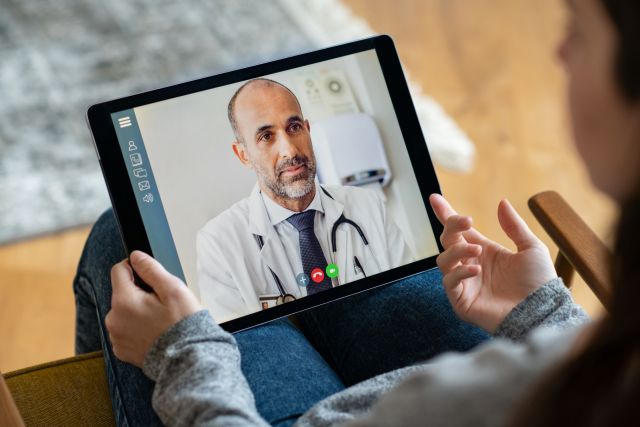Ulcerative colitis (UC) is one of the two main types of inflammatory bowel disease (IBD). If you are living with UC, it is important to seek treatment from a healthcare provider. UC is a chronic condition that can get worse over time and can cause a number of serious complications, especially when left untreated.
Below are topics that are important to the treatment and management of UC. Spend some time thinking about these topics before your next appointment. You may also want to write down a list of questions and bring that to your appointment.
Symptoms
Your healthcare provider needs to know about any new symptoms and changes in symptoms. This includes symptoms that have gotten worse as well as symptoms that have improved.
Medications
Treatment for UC often involves medication, and there are numerous medications that are used to treat UC. In order to get the most benefit from a medication, the instructions for taking that medication need to be followed exactly as prescribed.
It is important to bring up any questions or concerns about your medication, such as:
- Any questions you have about how to take your medication
- Questions about how your medication works
- If you have any difficulty taking your medication
- How you feel about the medication
- Possible side effects from your medication
In addition to discussing any medications you have been prescribed for UC, it is also important to inform your healthcare provider about all medications you take, including over-the-counter medications and medications prescribed for other conditions. Some over-the-counter medications, including NSAIDs (non-steroidal inflammatory drugs), can trigger UC symptoms.
Food
Diet is important to managing UC for several reasons:
- Certain foods can trigger flare-ups or make symptoms worse
- Certain foods can also increase the risk of a blockage or stricture
- People with UC are at risk for malnutrition and nutritional deficiencies
Keeping a journal can help you and your healthcare provider identify foods and eating patterns that may aggravate your symptoms. Your healthcare provider may also recommend changes to your diet, including vitamins and supplements, that can help you meet your nutritional needs. Some people with UC may want to work with a registered dietitian or a nutritionist.
Stress, moods, mental health
UC is a stressful condition to live with, and stress may trigger flare-ups and make symptoms worse. If you are experiencing a lot of stress, ask your healthcare providers about ways to reduce stress.
Mood disorders like depression and anxiety are also more prevalent among people who have IBD. Be honest about how you are feeling. Easing the mental and emotional burden of living with UC should be a focus of treatment.
Sleep
Many people with IBD struggle to get enough sleep. Symptoms can interrupt a normal sleep schedule, stress and uncertainty can make it difficult to unwind, and inflammation in the body can disrupt the normal sleep/wake cycle. Talk to your healthcare provider about how much sleep you are getting and your energy levels.
Exercise
Physical activity is an important component of overall health. Unfortunately, UC can make it difficult to exercise due to fatigue, the need to be near a bathroom, or other reasons. Tell your healthcare provider how UC affects your exercise habits. Ask how much exercise you should be getting and how to exercise safely.
Quality of life
Improving quality of life should be a focus of treatment for UC. Quality of life refers to your ability to enjoy normal, healthy activities, such as socializing, relationships, intimacy, work, and hobbies. Talk about the ways that UC interferes with these aspects of your life.
Smoking
If you smoke, talk to your healthcare provider about strategies for quitting. While there are studies that show UC is less common among smokers (compared to nonsmokers and former smokers), smoking increases your risk of many other serious illnesses, including cardiovascular disease, COPD, and cancer in nearly every location in the body.
Where to learn more
Ask your healthcare provider if they have any information that you can take with you, to help you learn more about ulcerative colitis and IBD.






